These 16 Shows Were on Top—Then One Season Ruined Everything
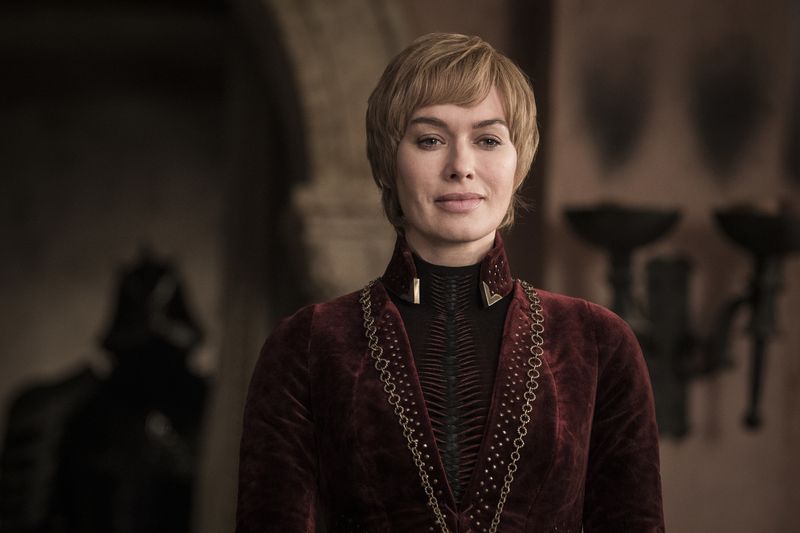
We’ve all been there – completely hooked on a TV show, eagerly waiting for each new episode, only to have our hearts broken by a terrible season. Some shows start strong, building amazing characters and storylines, then suddenly crash and burn. Whether from cast changes, new writers, or simply running out of good ideas, these once-beloved shows took dramatic nosedives that left fans feeling betrayed and disappointed.
1. Dexter
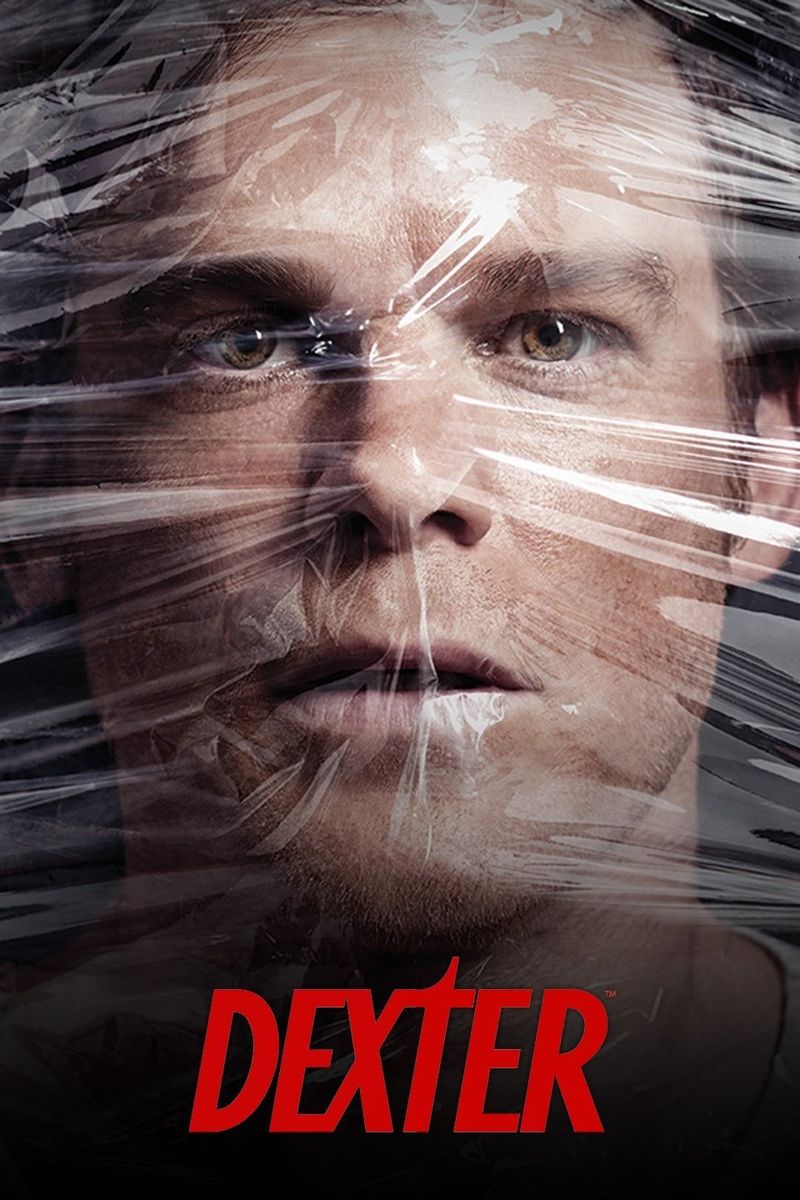
Blood spatter analyst by day, vigilante killer by night – Dexter Morgan’s double life made for compelling television. For seven seasons, viewers cheered for this likable serial killer who only targeted other killers.
Season 8 threw away years of character development. The writing quality plummeted, with nonsensical plot twists and forgotten storylines. New characters appeared with little purpose while beloved ones were sidelined.
The series finale ranks among television’s worst, with Dexter faking his death and inexplicably becoming a lumberjack. Fans who invested years in the show felt betrayed by this bizarre conclusion that abandoned the show’s core themes and left countless questions unanswered.
2. Heroes
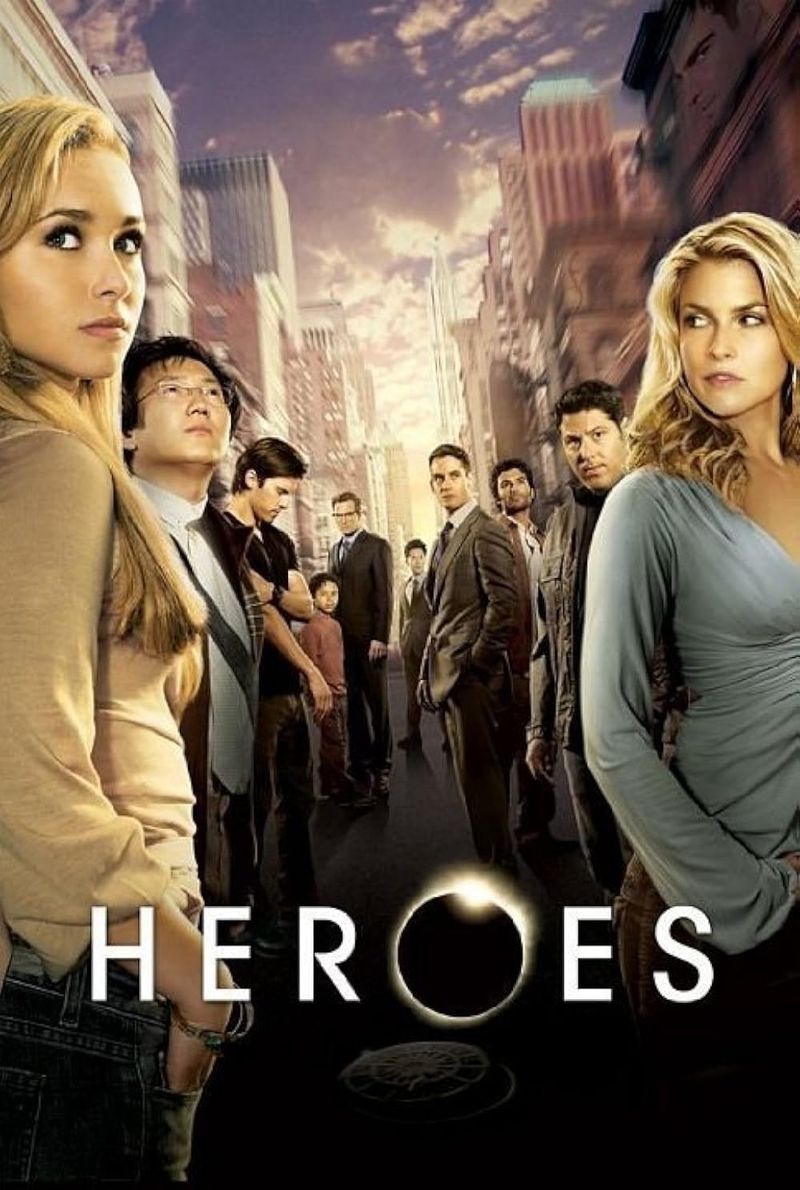
The first season of Heroes was revolutionary television, following ordinary people discovering extraordinary abilities. With the tagline “Save the cheerleader, save the world,” it captured viewers’ imaginations and set up a thrilling universe of possibilities.
Unfortunately, the 2007 writers’ strike hit during production of Season 2, cutting it short and disrupting storylines. When Season 3 arrived, the show had lost its way completely. Characters’ powers became inconsistent, plot holes multiplied, and stories grew increasingly convoluted.
The once-tight narrative unraveled as characters repeatedly lost and regained memories, changed motivations without reason, and participated in time-travel plots that contradicted earlier rules of the show’s universe.
3. True Detective
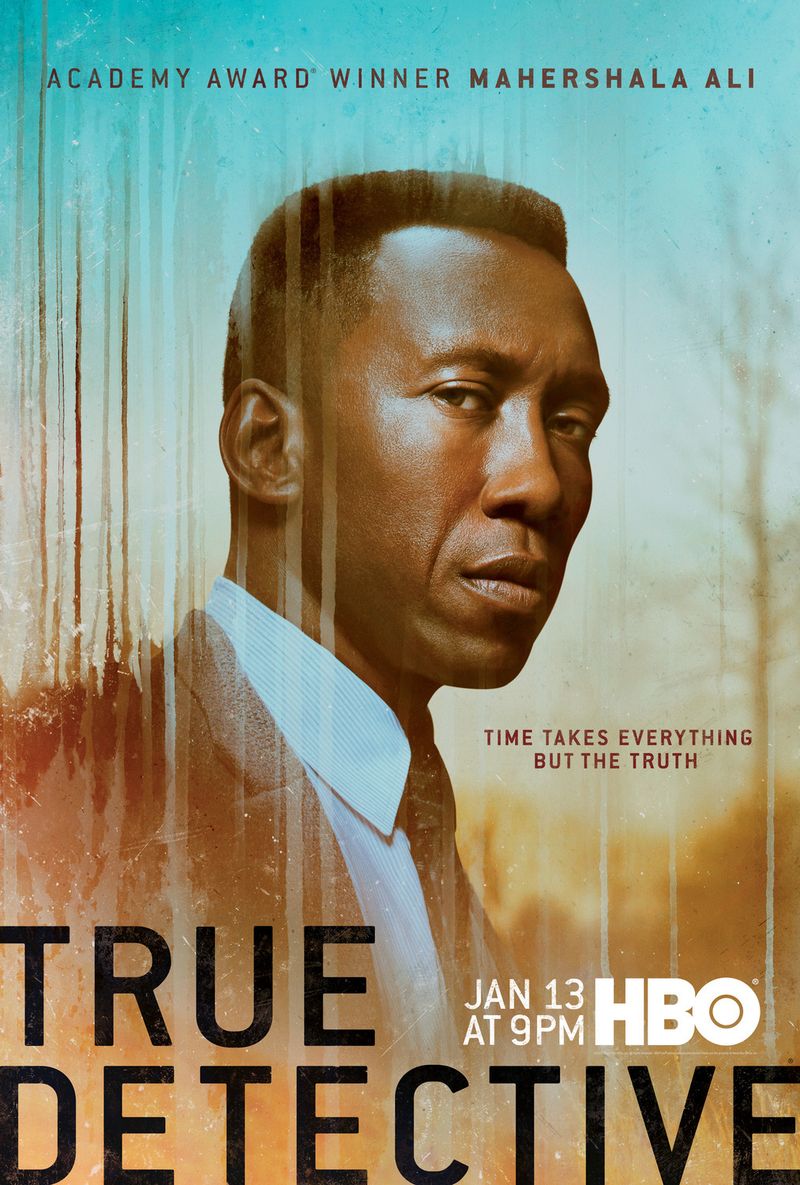
Dark, philosophical, and gripping—True Detective’s first season pulled viewers into the swamps of Louisiana with a story as heavy as it was hypnotic. McConaughey and Harrelson didn’t just act—they haunted the screen.
Season 2 arrived with massive expectations and promptly crashed under their weight. The magic formula was lost with new characters, setting, and storylines. Colin Farrell, Vince Vaughn, and Rachel McAdams struggled with confusing dialogue and an overly complicated plot that few viewers could follow.
Critics called it pretentious and boring – a shocking fall for a show previously praised for its philosophical depth and tension. The season’s convoluted crime story involving corrupt officials and underground parties left audiences scratching their heads rather than on the edge of their seats.
4. 13 Reasons Why
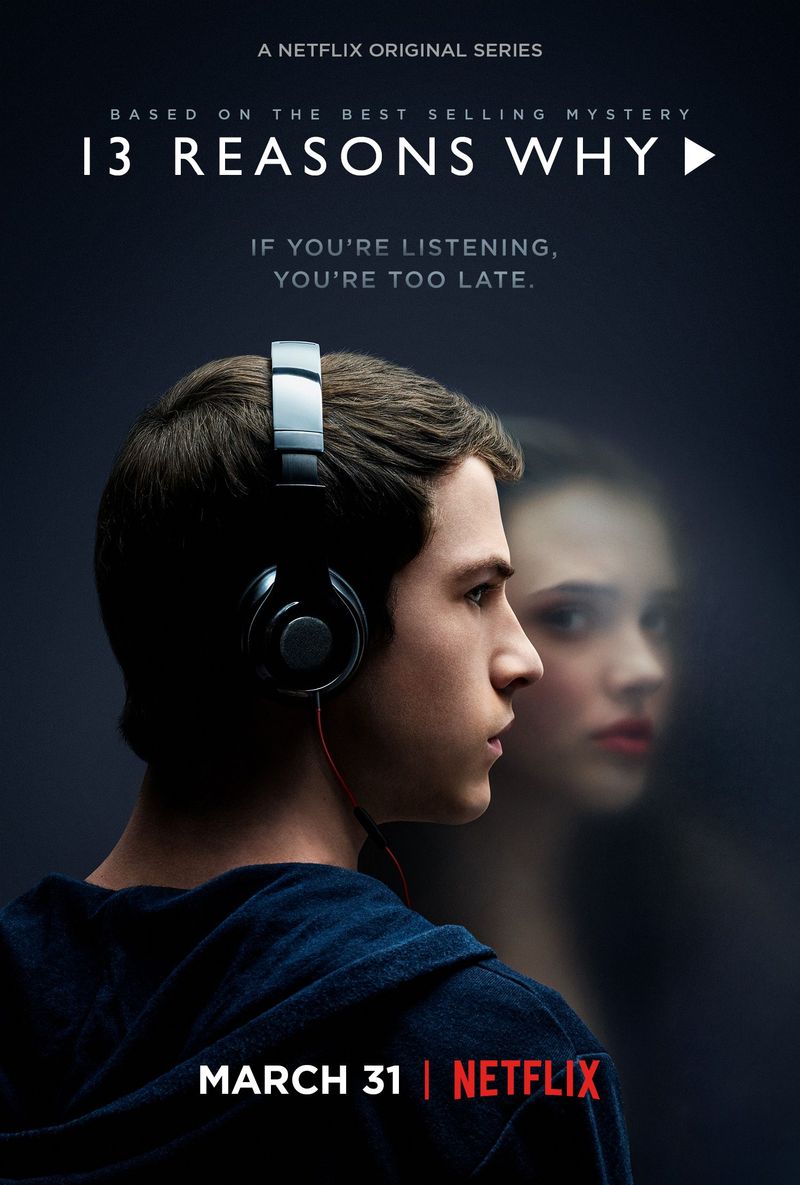
What happens when a story dares to say what others won’t? 13 Reasons Why began by doing exactly that—with Hannah Baker’s voice leading the way.
By Season 3, the show had completely lost its way. Hannah’s story was essentially abandoned in favor of a bizarre murder mystery centered around serial rapist Bryce Walker. The shift felt exploitative and unnecessary, turning thoughtful drama into sensationalist crime fiction.
Season 4 only worsened with outlandish plots including a school shooting drill that traumatized students, HIV diagnoses, and ghosts. What began as a serious examination of teen suicide devolved into a soap opera that trivialized the very issues it once aimed to address.
5. Westworld
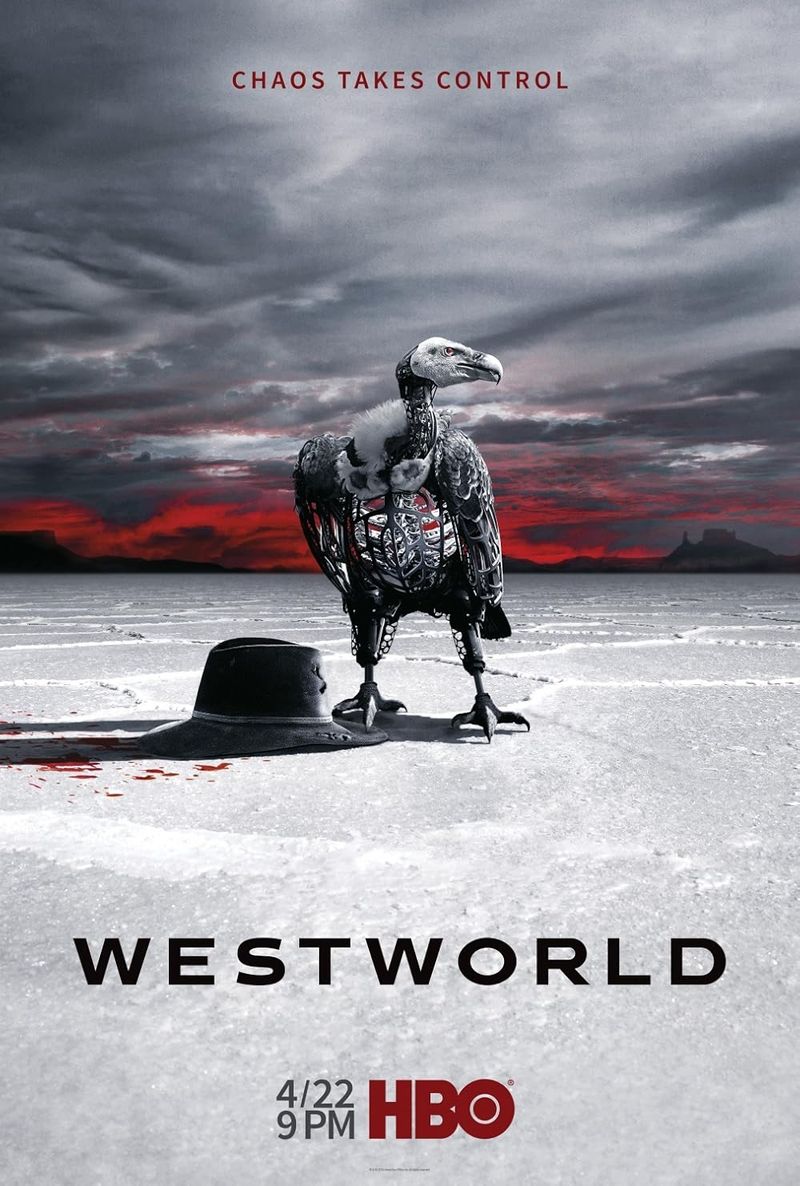
If you can’t tell the difference between real and artificial, does it matter? That’s the question Westworld asked from its opening shot—ushering in a deeply layered story about consciousness, morality, and control.
Season 3 abandoned the park setting that made the show unique, moving to the real world and losing much of its identity in the process. The philosophical questions gave way to standard cyberpunk tropes and confusing plot twists that seemed designed to trick viewers rather than engage them.
Characters behaved inconsistently, and the narrative became needlessly complicated without the emotional depth that balanced earlier seasons’ complexity. Viewership dropped dramatically as the show struggled to find its purpose outside the park’s boundaries.
6. How I Met Your Mother
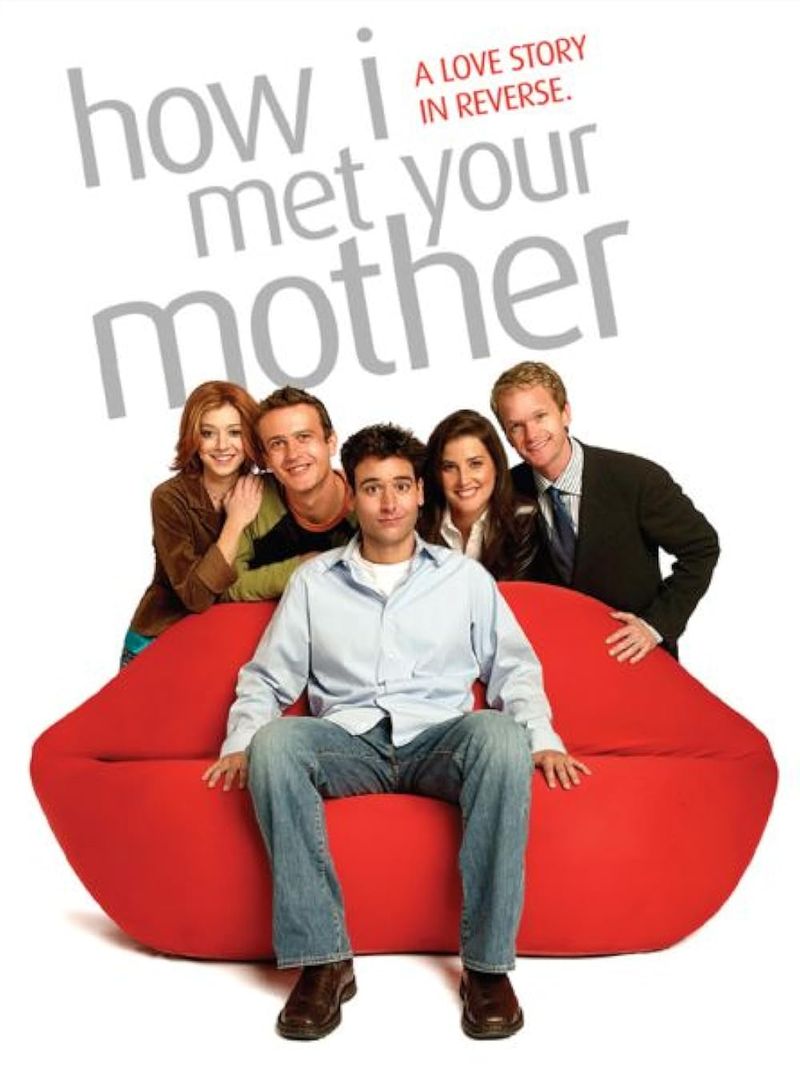
For eight seasons, fans followed Ted Mosby’s search for love through entertaining flashbacks narrated to his future children. The show balanced comedy with genuine emotion, creating memorable characters and running gags that entered pop culture.
Then came the final season. Set entirely during Barney and Robin’s wedding weekend, the stretched-out timeline felt tedious and artificial. Worse was the finale, which undid years of character development in minutes.
After spending an entire season on Barney and Robin’s wedding, they divorced after mere minutes of screen time. The mother, finally introduced after years of buildup, was killed off quickly to allow Ted to reunite with Robin – contradicting the core premise and emotional journey of the entire series.
7. Game of Thrones
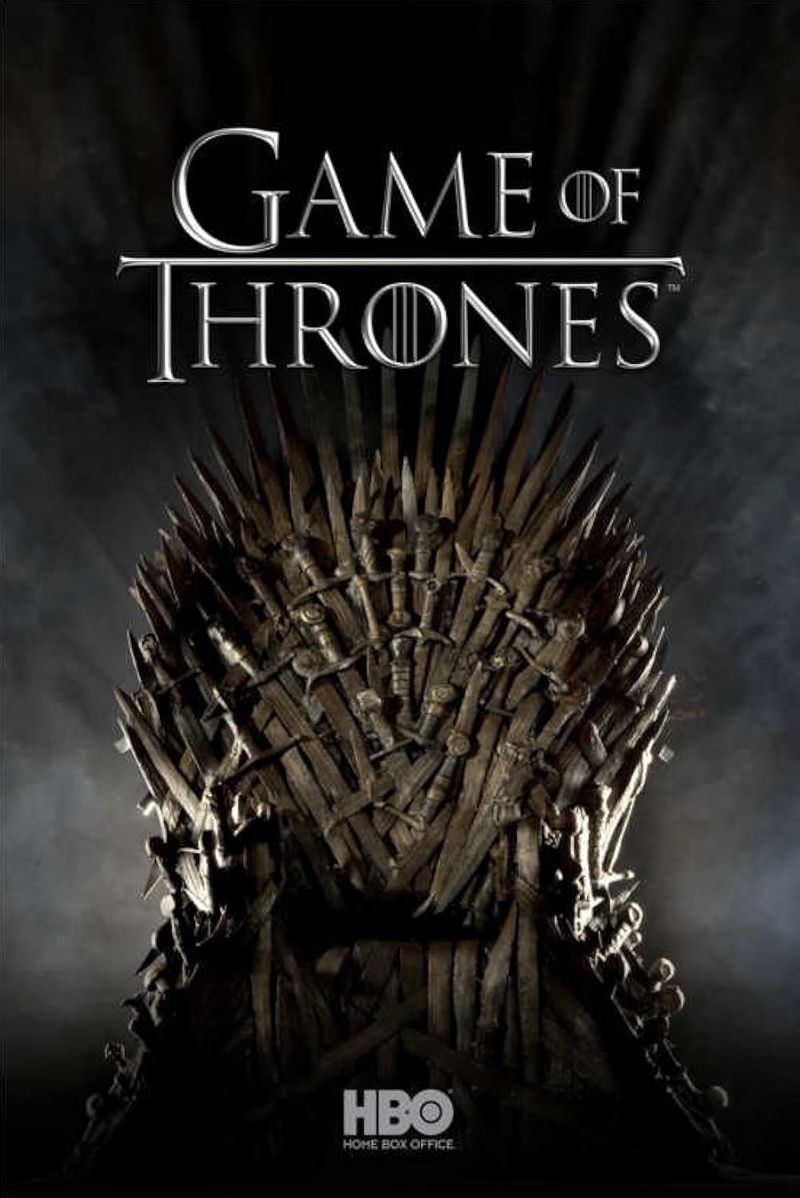
HBO’s fantasy epic captivated millions worldwide for nearly a decade with its complex characters and shocking twists. For seven seasons, viewers were treated to masterful storytelling based on George R.R. Martin’s novels.
Then came the rushed final season. Character arcs were abandoned, plot lines hastily wrapped up, and the Night King – built up as the ultimate villain – was defeated halfway through the season. Daenerys’ sudden transformation into a mad queen felt forced rather than earned.
The finale left most fans furious, with over a million signing a petition to remake the season. What should have been a triumphant conclusion became a cautionary tale about how even the mightiest shows can fall.
8. Glee
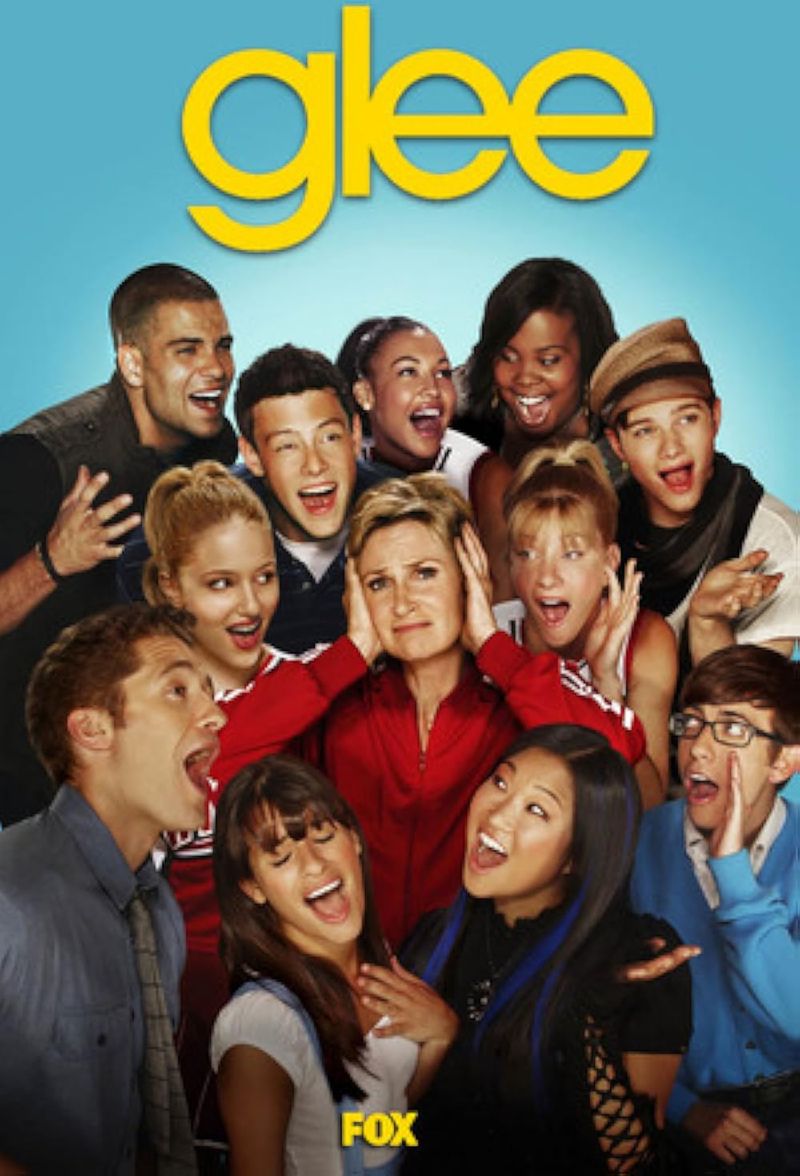
Before it became a pop culture whirlwind, Glee started as a heartfelt tribute to the misfits of high school—blending catchy covers with raw emotion, biting wit, and a genuine sense of belonging.
Season 4 split the narrative between McKinley High and New York, diluting the show’s focus. New characters failed to capture the magic of the original cast, while storylines became increasingly outlandish and disconnected from reality.
By Season 5, following Cory Monteith’s tragic death, the show struggled to maintain coherence. Character motivations shifted wildly from episode to episode, plots were abandoned midstream, and the once-clever writing gave way to bizarre scenarios like puppet fever dreams and Katy Perry versus Lady Gaga feuds that felt like desperate attempts to recapture former glory.
9. The Walking Dead
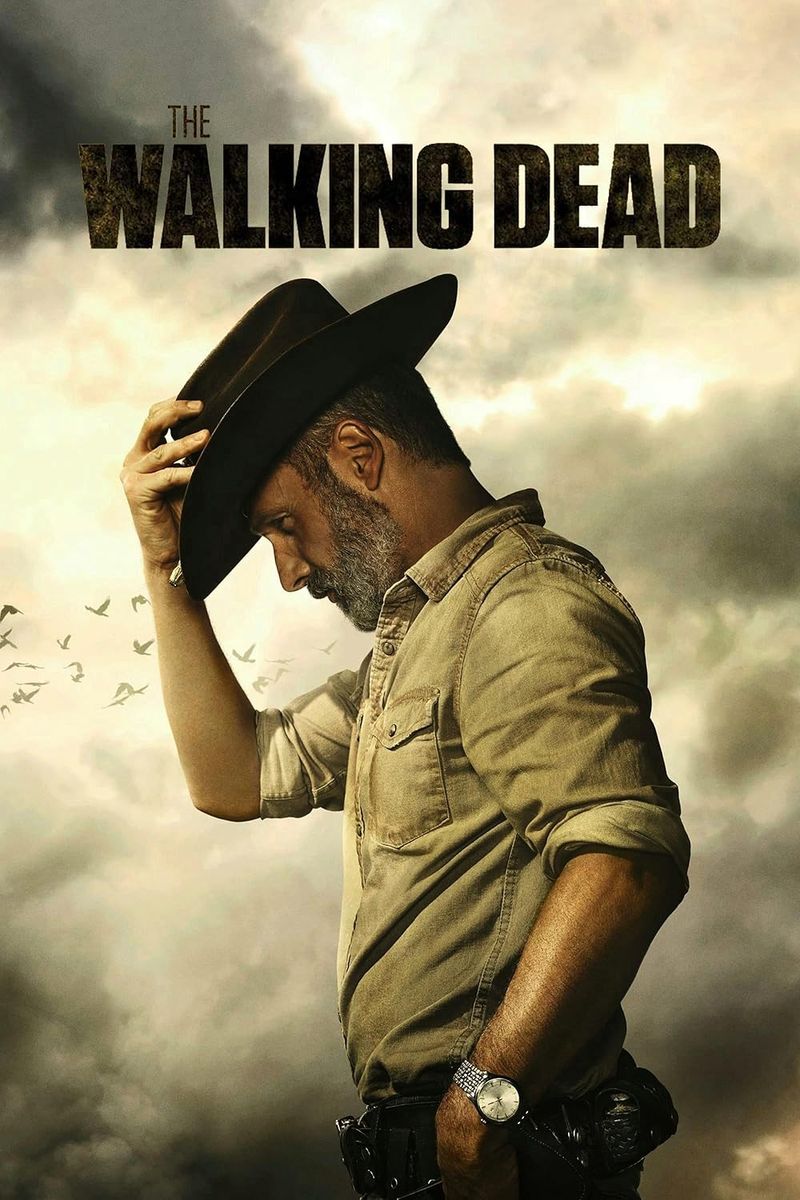
Once television’s reigning powerhouse, The Walking Dead plunged viewers into a brutal world where survival meant more than just fighting zombies—it meant holding onto humanity amidst chaos.
Season 7 marked the beginning of a steep decline. The premiere featuring Negan brutally killing Glenn and Abraham was so graphic that many viewers never returned. What followed was a slow, frustrating season dominated by Rick’s group being repeatedly humiliated by Negan.
The pacing became excruciatingly slow, with entire episodes dedicated to minor characters and locations. Viewership plummeted as the show lost its sense of purpose and hope, replacing the survival narrative with misery porn that tested even the most dedicated fans’ patience.
10. That ’70s Show
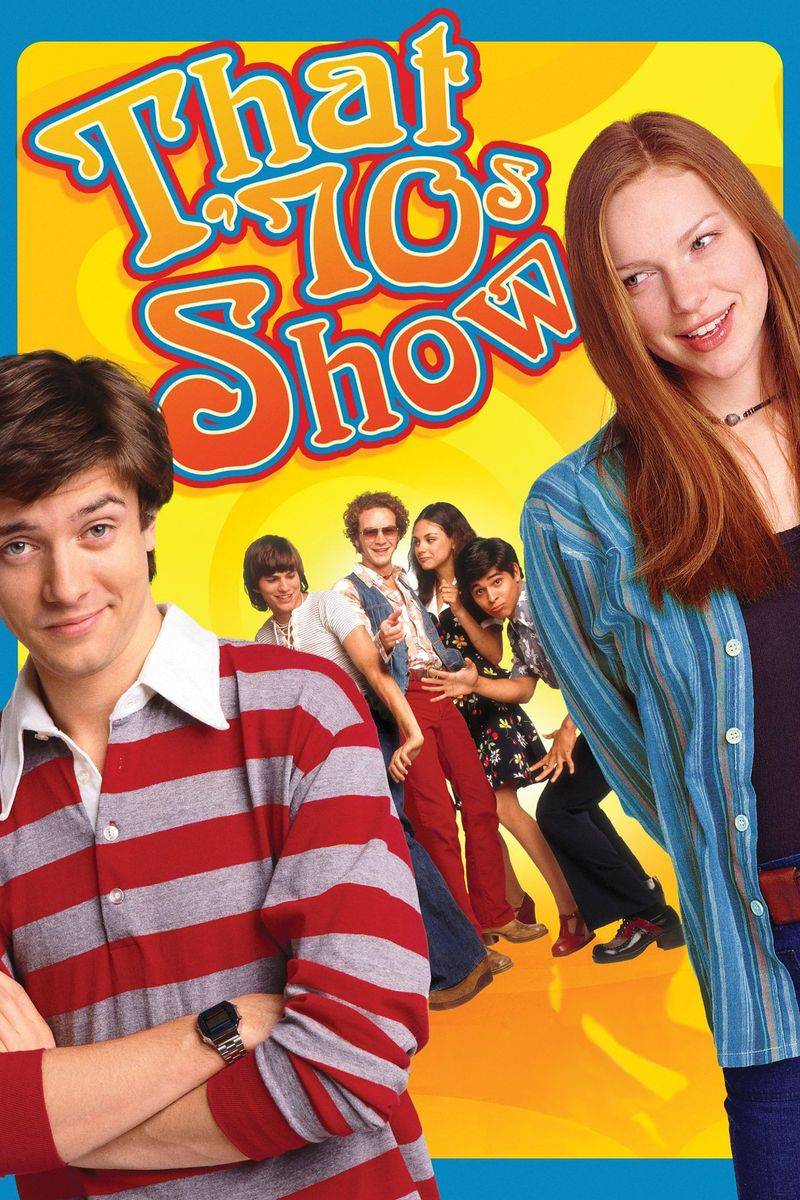
For seven seasons, this sitcom perfectly captured teenage life in 1970s Wisconsin. The basement hangouts, the romance between Eric and Donna, and the friendship of the core group created a show that was both nostalgic and timeless.
Season 8 faced a major challenge when Topher Grace (Eric) and Ashton Kutcher (Kelso) left the series. Rather than ending on a high note, producers introduced Randy Pearson as a replacement character – a decision fans universally rejected.
Without its main character and heart, the show felt hollow. Storylines became repetitive, jokes fell flat, and even longtime characters seemed like shadows of their former selves. The chemistry that made the show special evaporated, proving some ensemble casts simply can’t survive losing their central members.
11. Scrubs
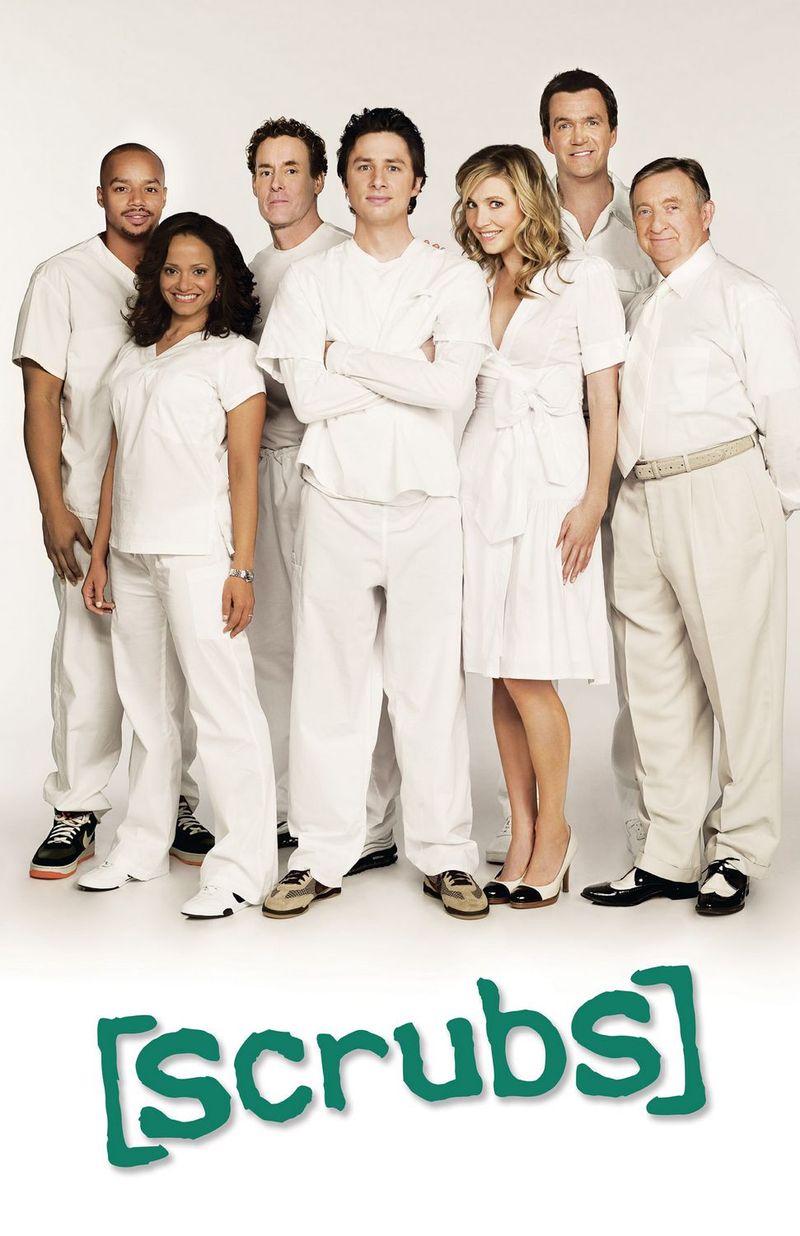
Amidst the chaos of hospital halls, Scrubs found humor and heart, weaving dreams and reality through the journeys of J.D., Turk, Elliot, and Dr. Cox, ending their stories on a note that felt complete.
ABC then produced a ninth season that was essentially a different show. Set in a medical school with mostly new characters, it relegated beloved original cast members to minor roles or cameos.
Even the creator later admitted it should have been branded as a spin-off. The new characters lacked the chemistry and depth that made the original cast special, and the medical school setting lost the hospital dynamic that provided both comedy and pathos for eight successful seasons.
12. House of Cards
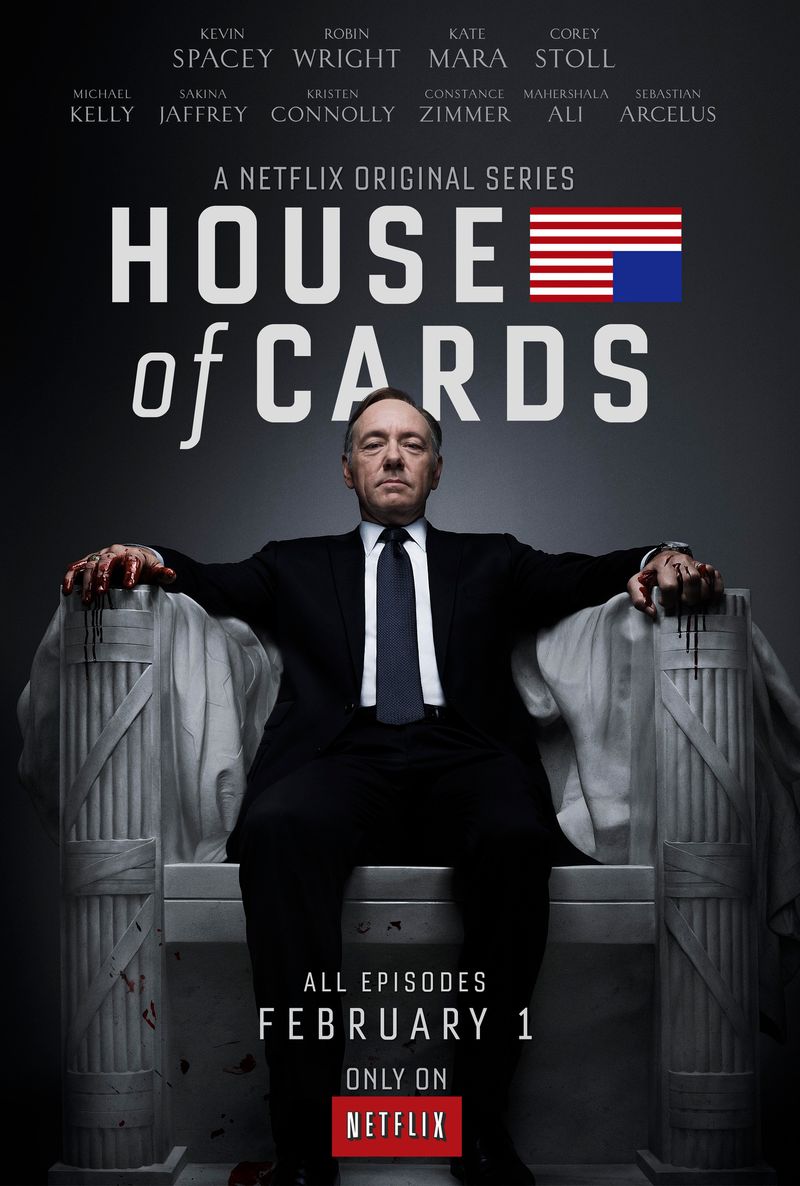
With its intricate depiction of political maneuvering and Kevin Spacey’s compelling lead performance, House of Cards redefined streaming content and set a new standard for serialized political thrillers.
The final season was hastily rewritten to focus on Claire Underwood, Frank’s equally calculating wife. Despite Robin Wright’s strong performance, the season felt disjointed and unsatisfying.
Plot threads were abandoned, character motivations made little sense, and the rushed ending failed to deliver the justice or comeuppance viewers had anticipated for years. The behind-the-scenes crisis proved impossible to overcome, leaving a once-prestigious show with a disappointing conclusion.
13. Riverdale
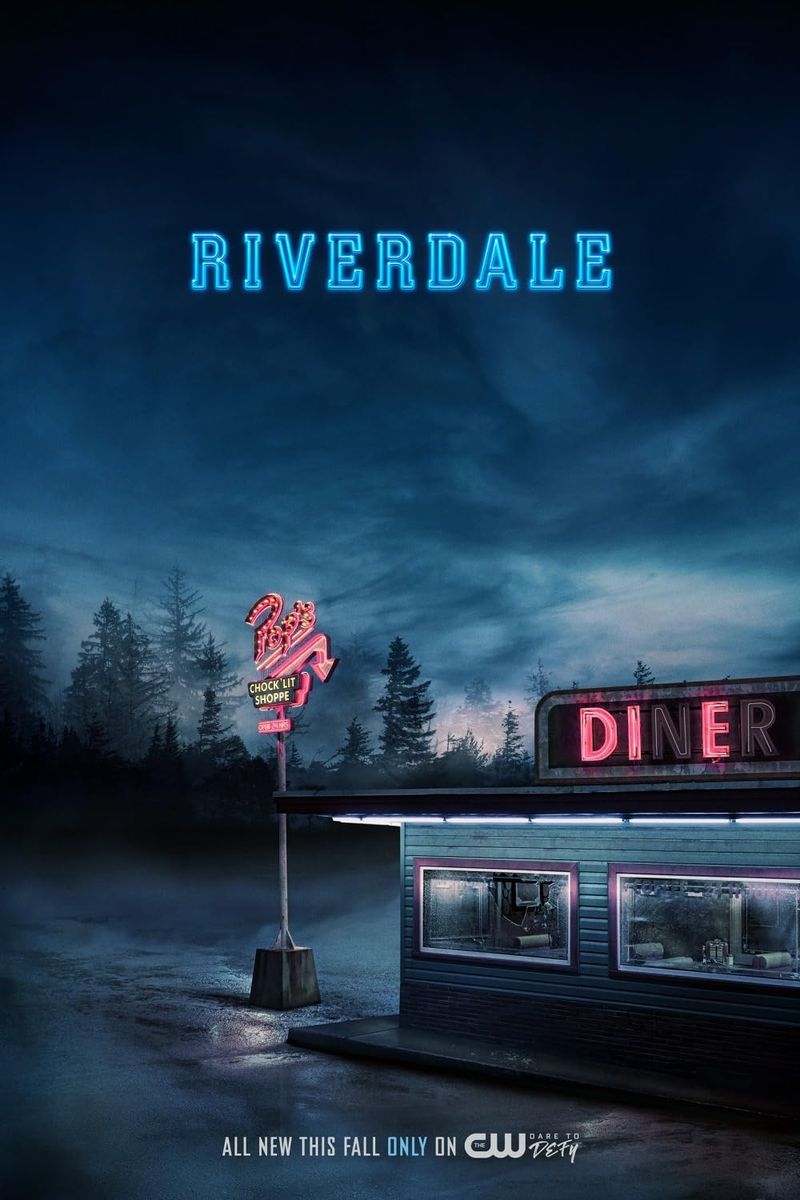
Based on Archie Comics characters, Riverdale began as a teen murder mystery with a Twin Peaks vibe. Season 1 focused on the murder of Jason Blossom, offering a dark but relatively grounded take on the classic comic book town.
By Season 3, the show had completely abandoned any semblance of reality. Storylines included a Dungeons & Dragons-style game causing mass hysteria, organ-harvesting cults, and supernatural elements that clashed with the show’s original tone.
Characters constantly shifted personalities and motivations to serve increasingly bizarre plots. High school students ran businesses, fought serial killers, and solved crimes while somehow still attending classes. What started as a subversive teen drama devolved into camp nonsense that even the most devoted viewers struggled to follow or take seriously.
14. Arrested Development
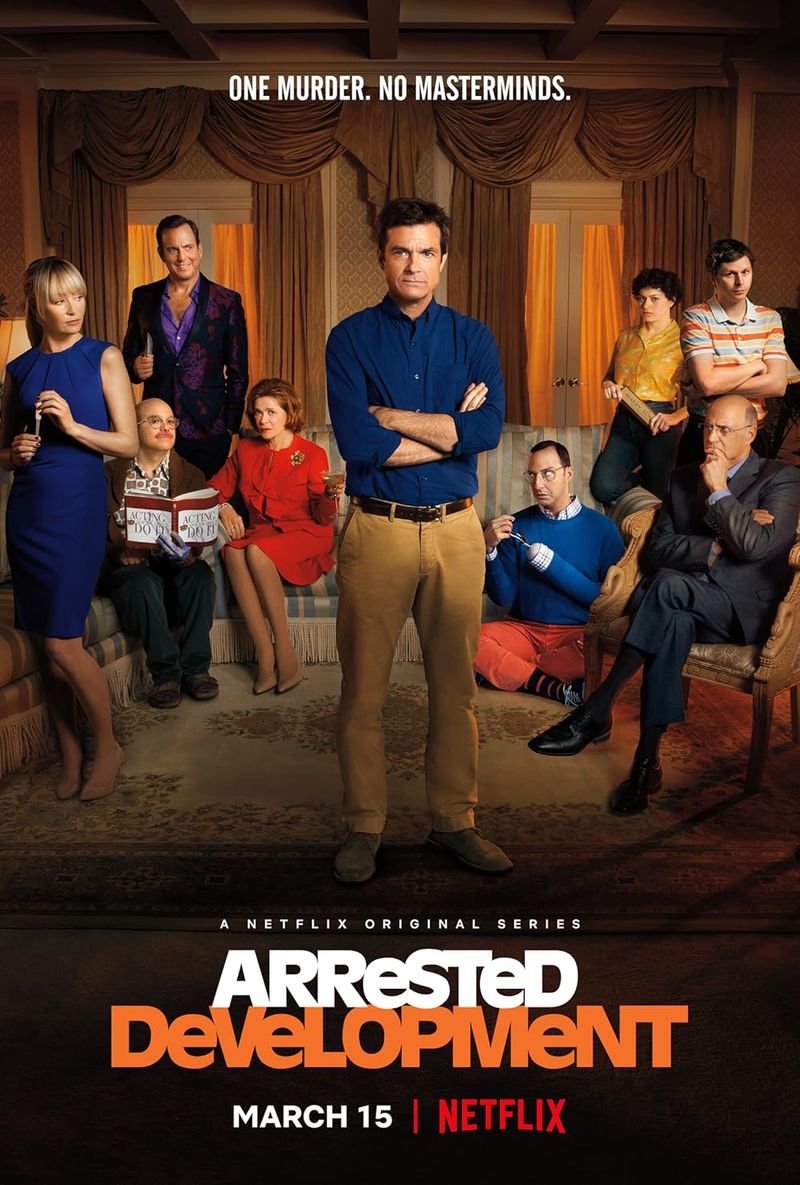
The original three seasons of Arrested Development are considered comedy perfection. The story of the dysfunctional Bluth family featured densely layered jokes, running gags, and an ensemble cast with impeccable timing.
Seven years after cancellation, Netflix revived the show for Season 4 with a radically different format. Due to scheduling conflicts, episodes focused on individual characters rather than the family unit that made the show work.
The magic of the original series came from character interactions and overlapping storylines. Without these elements, Season 4 felt disjointed and awkward. Even a re-edited version couldn’t recapture the original charm. Season 5 attempted to reunite the cast but suffered from similar problems, proving that sometimes canceled shows should stay that way.
15. Killing Eve

The cat-and-mouse thriller between MI6 agent Eve Polastri and assassin Villanelle captivated audiences with its first season. Phoebe Waller-Bridge’s writing created a perfect blend of tension, dark humor, and chemistry between the lead characters.
Each subsequent season had a different head writer, with quality declining noticeably. By Season 4, the show had lost the sharp dialogue and psychological depth that made it special.
The series finale was particularly devastating for fans. After years of building the complex relationship between Eve and Villanelle, the show killed Villanelle moments after the pair finally got together. This ending felt like a betrayal of the central relationship and a return to the tired “bury your gays” trope, leaving viewers who had invested years in the characters’ journey feeling cheated.
16. Once Upon a Time
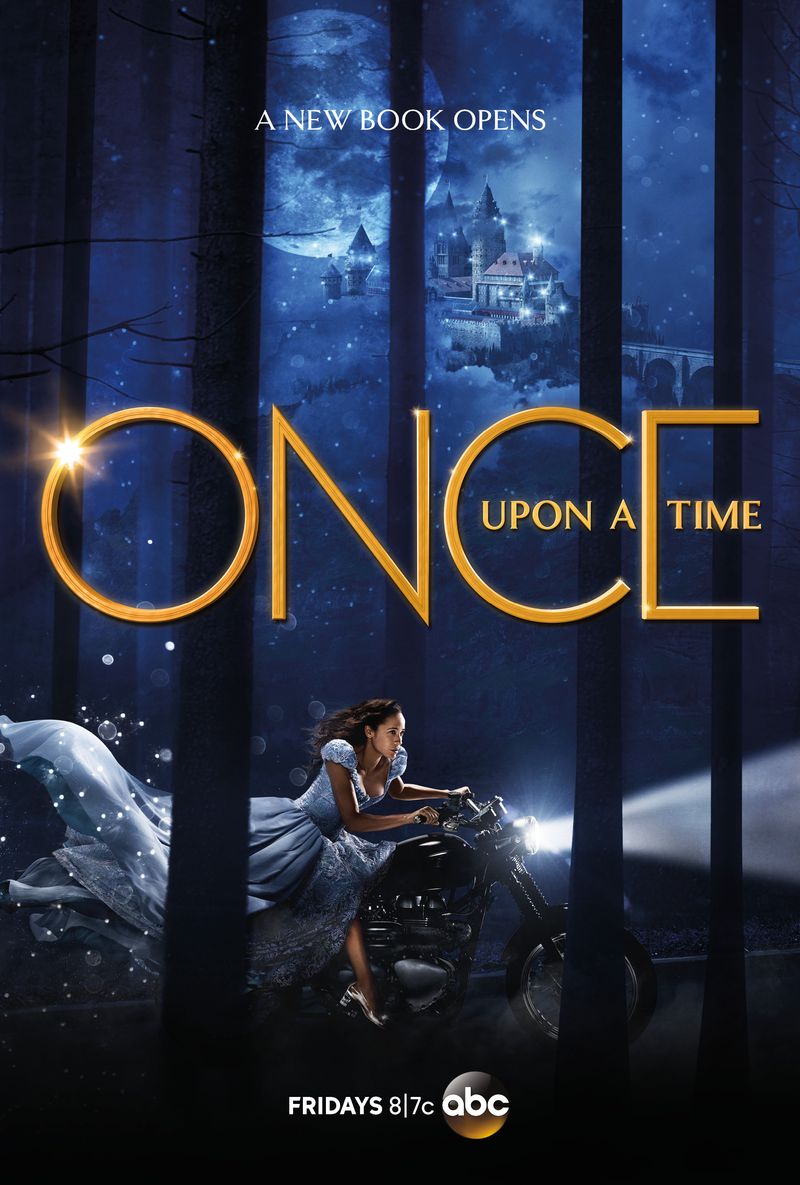
Imagine all your favorite fairy tales stuck in one small town, but no one remembers who they really are. That’s Once Upon a Time—a clever mix of fantasy and family drama with Emma Swan at its heart.
Season 7 attempted a soft reboot after most of the main cast departed. The show moved to Seattle with adult Henry Mills as the lead and introduced alternative versions of remaining characters.
The new setting and characters failed to capture the magic of earlier seasons. Convoluted plots involving multiple realms, timelines, and versions of characters confused even loyal viewers. The show that once reinvented familiar stories with fresh perspectives had run out of creative steam, ending with a whimper rather than the happily ever after fans deserved.

Comments
Loading…